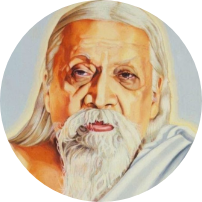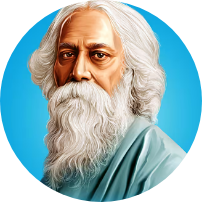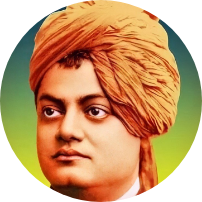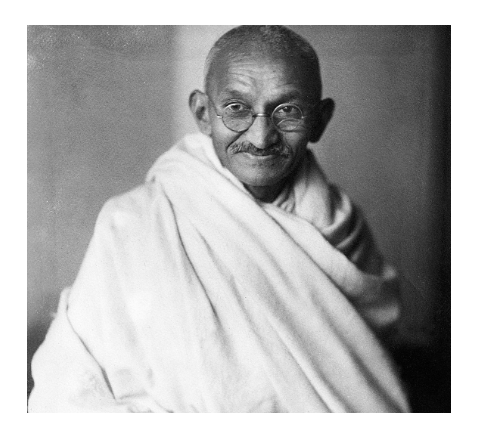EDUCATIONAL PHILOSOPHY OF BHARTIYA SHIKSHA BOARD
The Educational Philosophy of Bhartiya Shiksha Board is the synthesis of the ancient and the modern in Education. It originates from the everlasting and eternal wisdom of Indian Thinkers and Philosophers. While on one hand, it is the expression of India’s national consciousness, culture, traditions and values, on the other hand, it embodies the aspirational goals of 21st century skills desired to be inculcated in a global citizen.
Bhartiya Shiksha Board’s philosophy envisages an inclusive and equitable quality education to one and all, irrespective of social and economic status. It has a strong commitment to Sustainable Development Goals (SDGs) and constitutional values.





